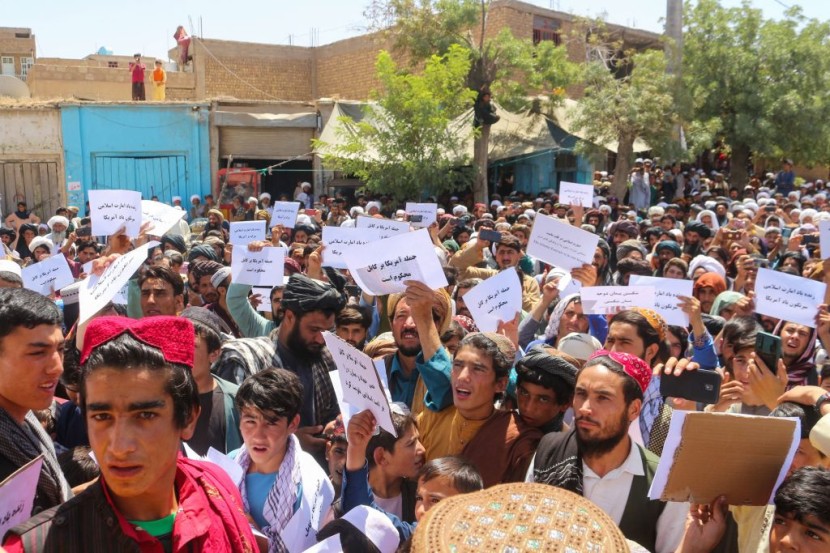
New United States intelligence assessments revealed after the killing of al Qaeda leader Ayman al-Zawahiri in a drone strike earlier this month that the terrorist group has "not reconstituted its presence in Afghanistan" since the withdrawal of American troops in the region last August.
A summary of the new assessment showed that the consensus view of the intelligence community is that fewer than a dozen al Qaeda "core members" remain in Afghanistan. It added that Zawahiri was the only key figure who had tried to reestablish himself in the country after U.S. forces left.
Intelligence Assessments
The United States assesses that the remaining members of the terrorist group are not involved in external attack planning. It was noted that as a whole, the group "does not have a capability to launch attacks against the U.S. or its interest abroad from Afghanistan."
However, despite the assessment, difficult questions remain regarding whether or not the risk could grow over time. Furthermore, concerns also remain about whether or not terrorist activity originating in Afghanistan could spread outside of the nation's borders, as per CNN.
Other officials have also expressed their concerns about the U.S. being blind to the possibility given its reduced intelligence capabilities inside Afghanistan. The assessment added that it cautions that al Qaeda has "several affiliates we believe it would call upon outside the region to drive potential plots."
In a statement, National Security Council spokesperson Adrienne Watson noted that the U.S. will "continue to remain vigilant, along with our partners, to defend our nation and ensure that Afghanistan never again becomes a safe haven for terrorism."
Read Also: Former Russian President Warns Nuclear Mishaps Can Happen at EU Power Plants, Not Only in Zaporozhye
According to the New York Times, several counterterrorism analysts have said that spy agencies' judgments represented an optimistic snapshot of a complex and fast-moving terrorist landscape. The assessment, which is a declassified summary provided to various media outlets, was a consensus of various U.S. intelligence agencies.
U.S. Drone Strike
A former top UN counterterrorism official, Edmund Fitton-Brown, said that the assessment is substantially accurate but noted that it is also the most positive outlook on a threat picture that is still "quite fluid."
The situation comes as Republicans have said that President Joe Biden's pullout of American troops from Afghanistan has endangered the United States. They argued that the fact that the al Qaeda leader felt safe enough to return to the Afghan capital would allow the terrorist group to rebuild training camps and devise attacks.
Some counterterrorism specialists also saw the new intelligence assessment as overly hopeful over the situation. This spring, a UN report found that al Qaeda had "increased freedom of action" in Afghanistan since the Taliban seized power.
The intelligence assessments come after the drone strike that killed Zawahiri while the terrorist leader was in Kabul, Afghanistan. Biden said that the operation was "carefully planned" to kill only the longtime terrorist mastermind and avoid injuring civilians or unnecessary personnel.
The United States president noted that none of Zawahiri's family members were hurt during the attack and added that there were no civilian casualties despite the damage done to the building where the al Qaeda leader was staying, The Week reported.
Related Article: Russia Attacks Europe's Largest Nuclear Site; Ukraine Accuses Moscow of Using Power Plant as Shield
© 2026 HNGN, All rights reserved. Do not reproduce without permission.








